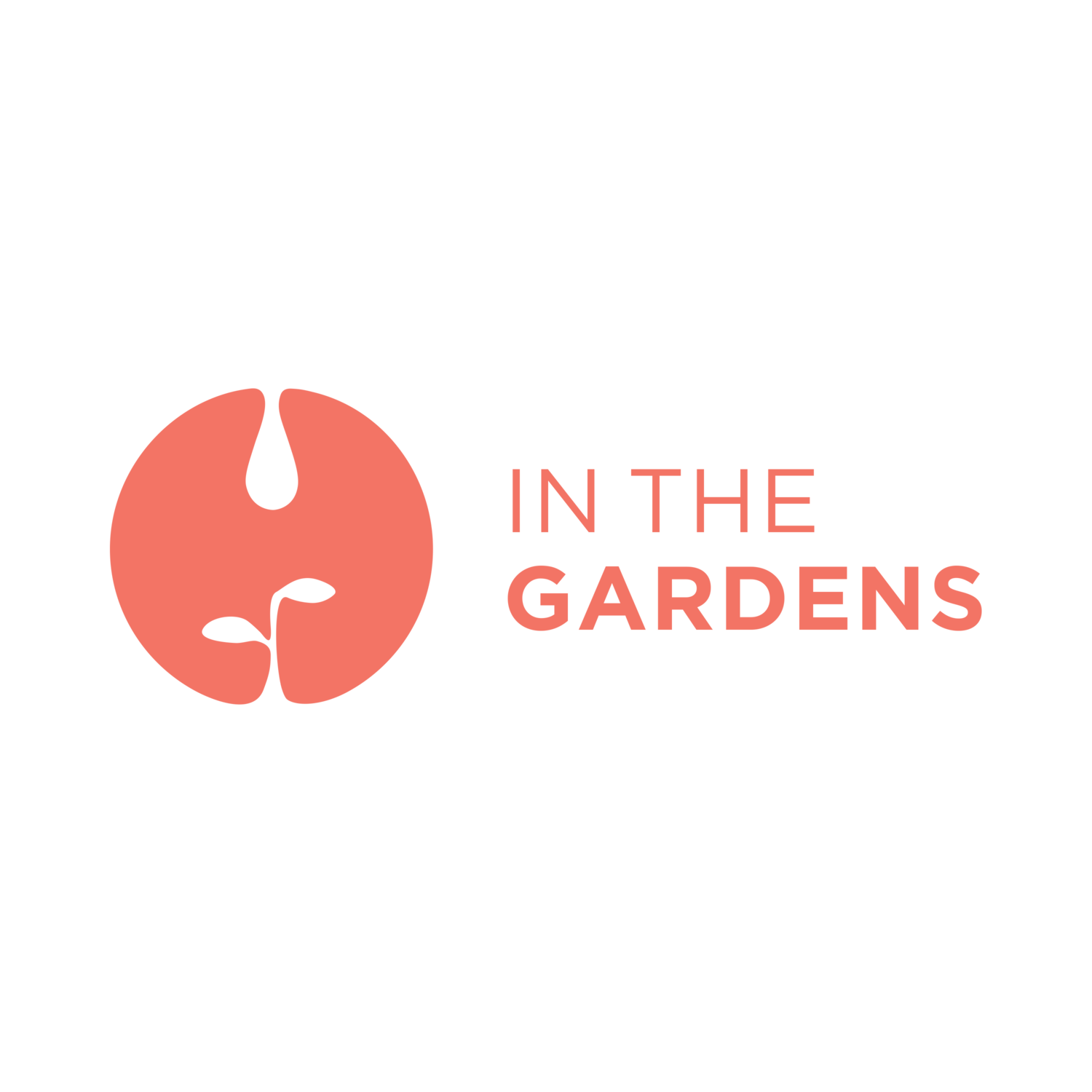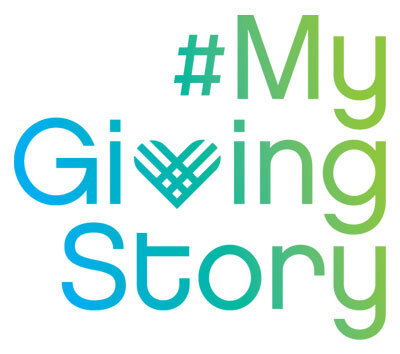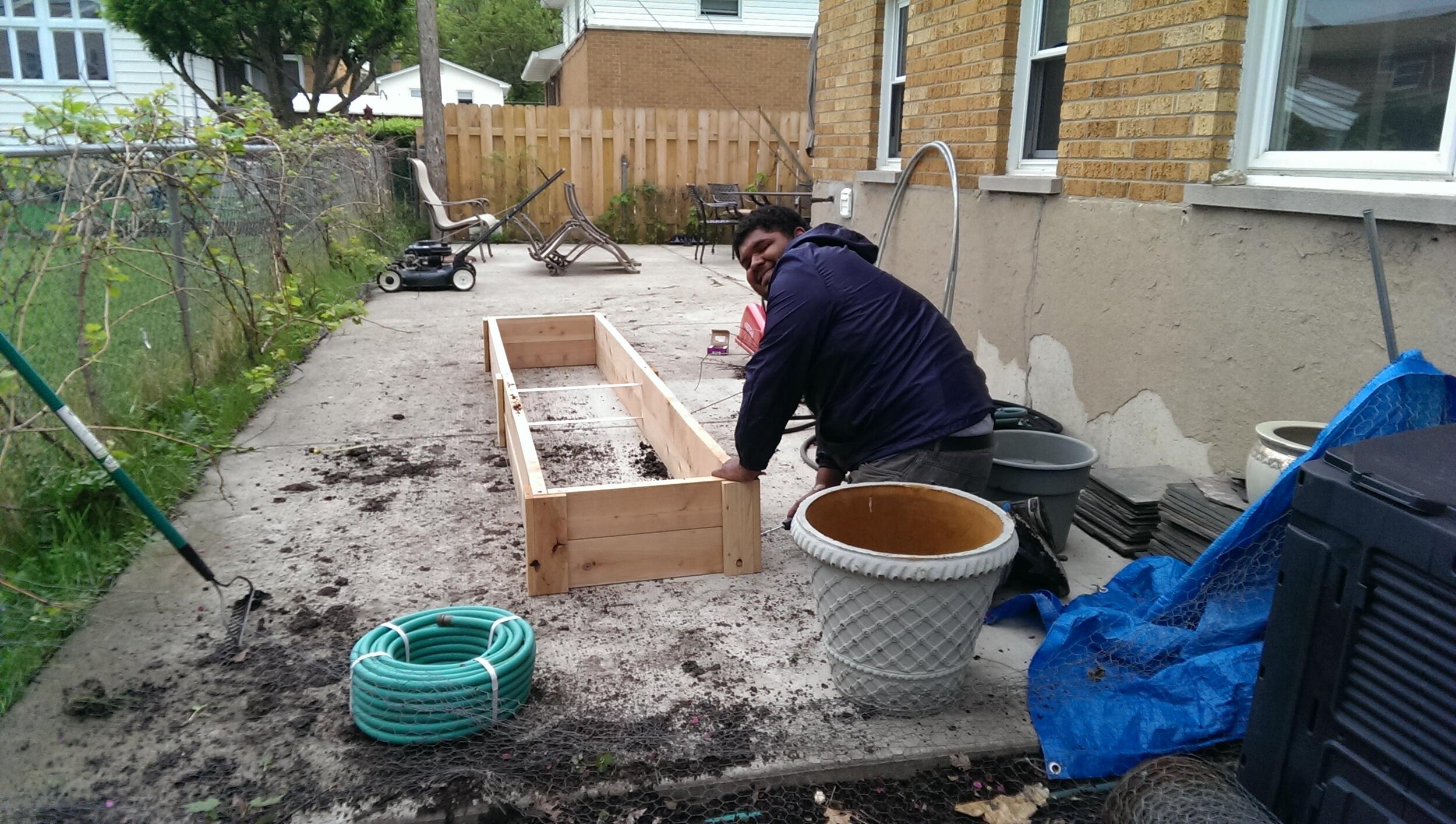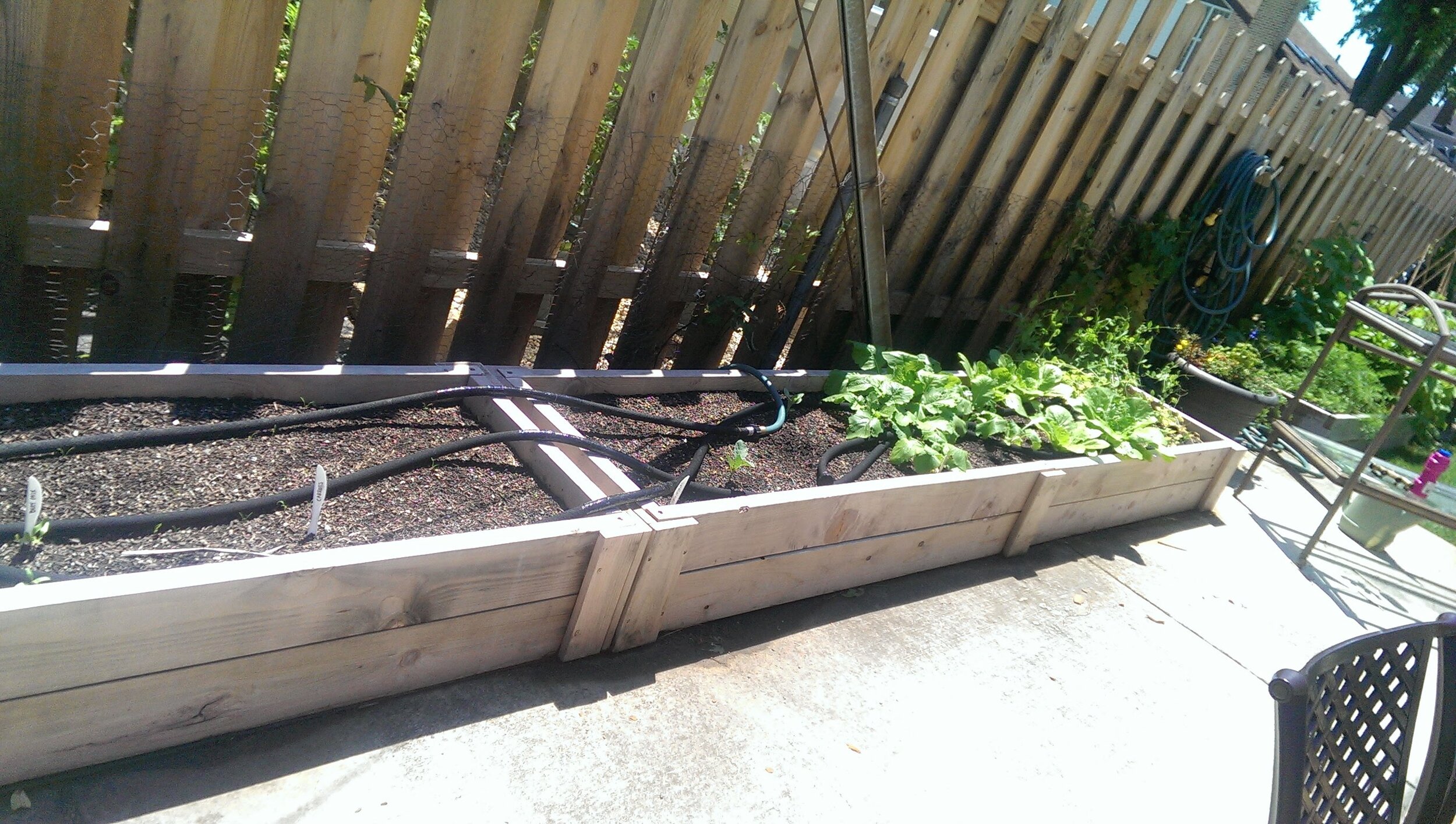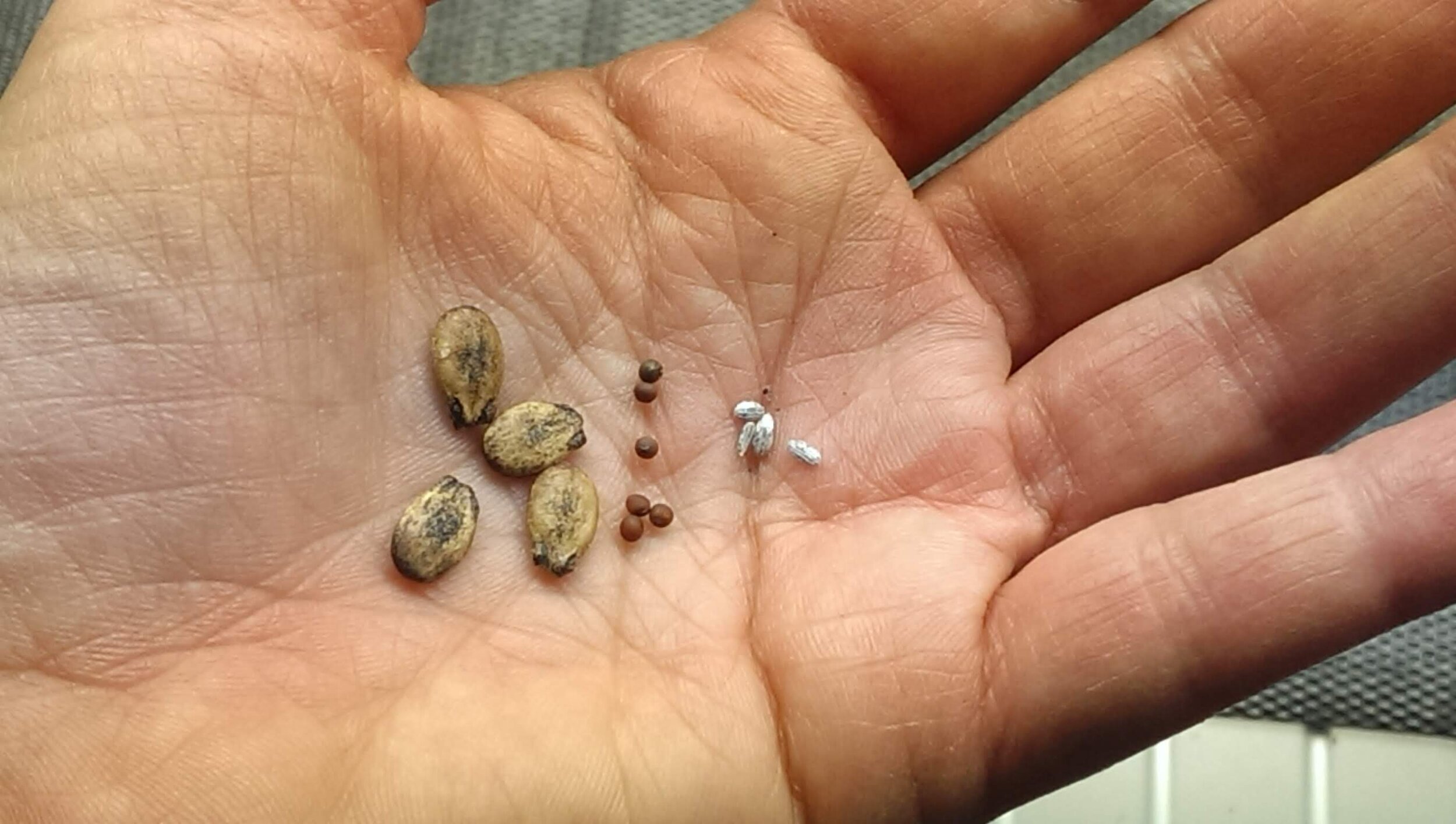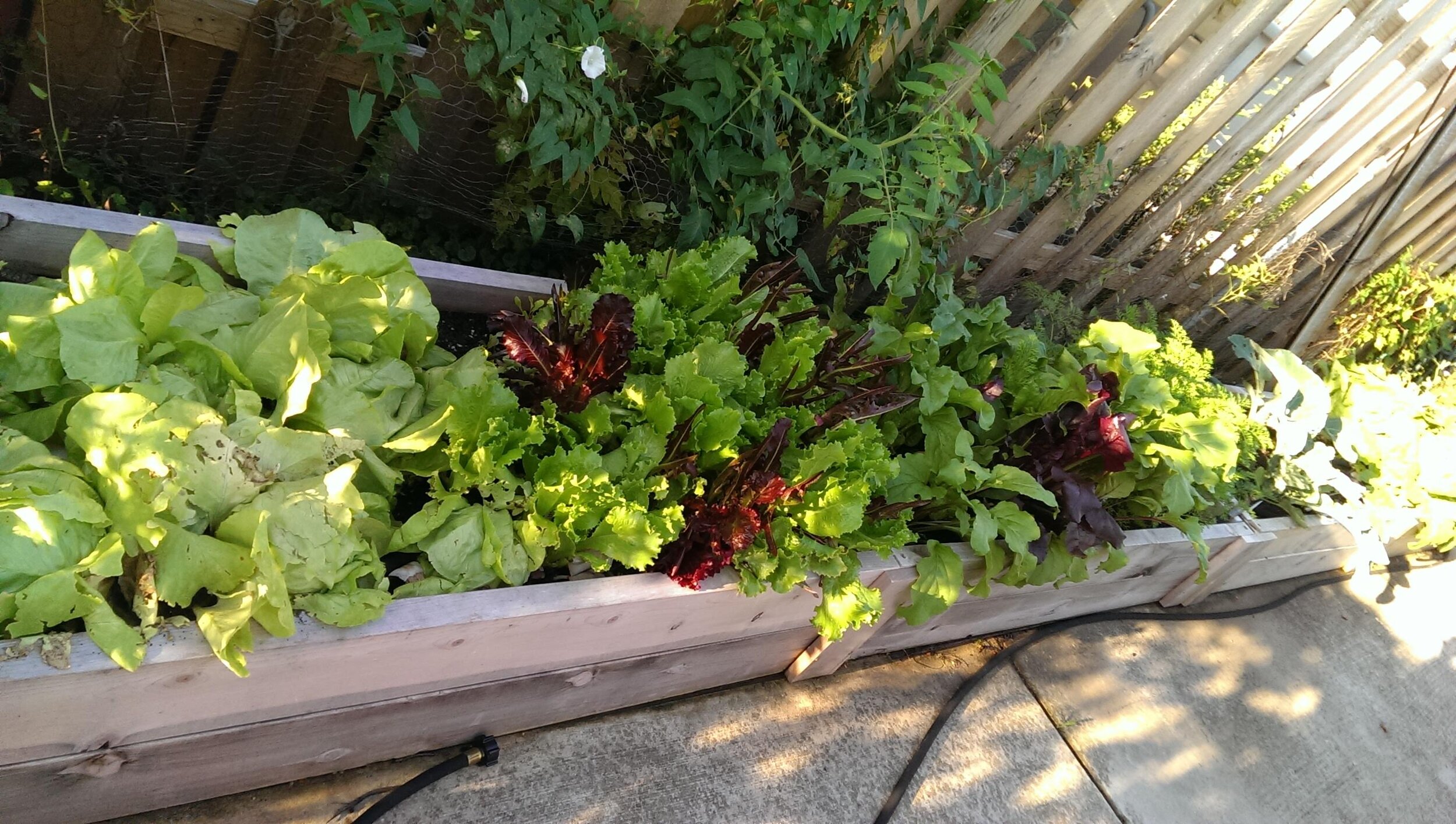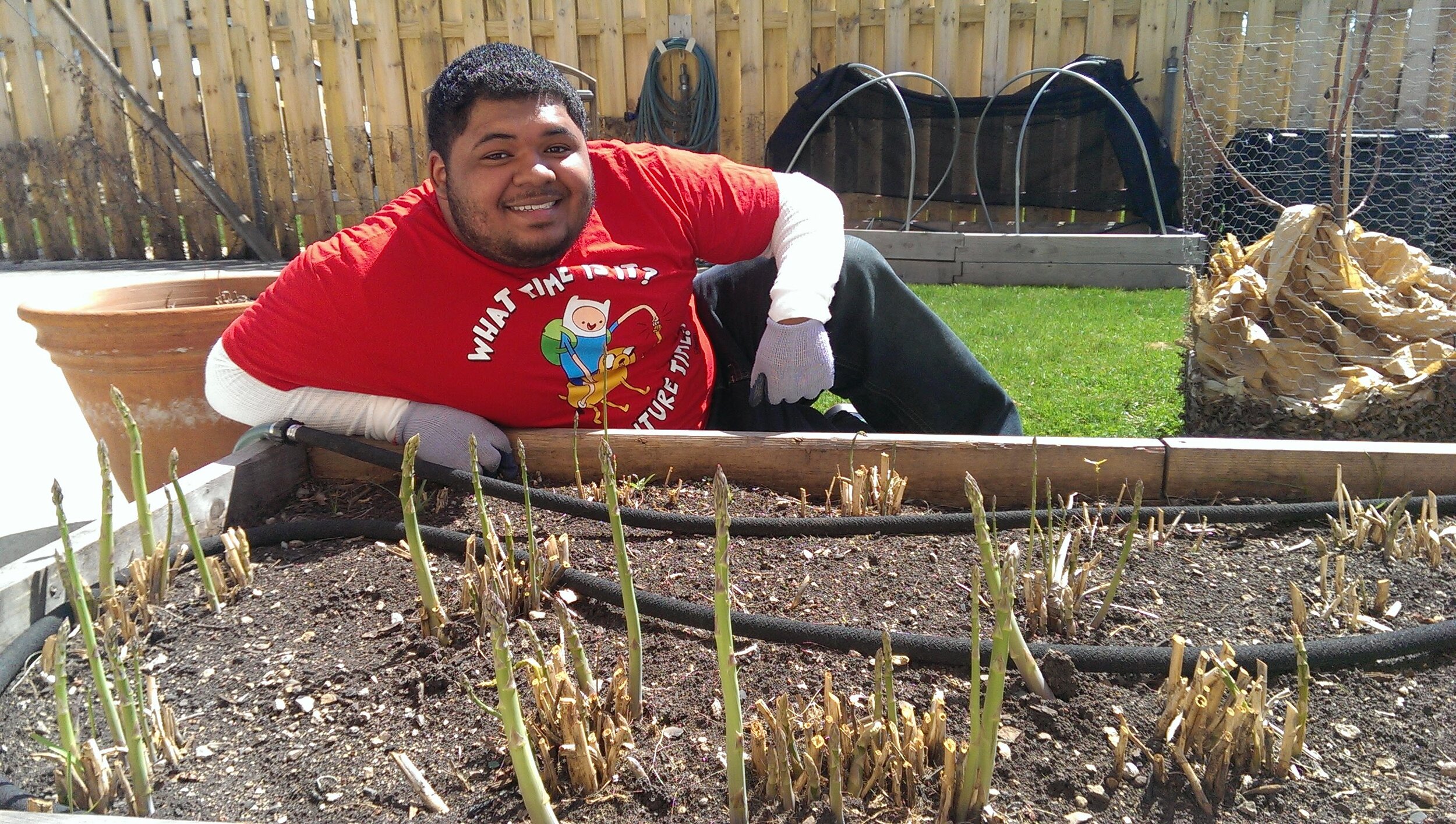#MyGivingStory—The Power of Compassion
The following is a story I submitted for this year’s #MyGivingStory, in recognition of some of the roots (no pun intended!) of In the Gardens. Parts of this story have been shared before, but here it is in its most updated form.
Vote! #MyGivingStory is a storytelling contest created by the #GivingTuesday organization to foster a public conversation about giving and to inspire more people to give. Visit: goo.gl/Z7wNmv to vote for this giving story.
In 2014 I was rear-ended at a red light. I was more stunned than anything else, and getting out of my car, my first thought was of the time several years back when I was the victim of a hit and run. My immediate focus was to get the license plate and make of the car in case my assailant was planning to take off. And I got right on the line with 911.
Stepping out onto the street I was greeted by a young man who pleaded with me not to call the cops. It seems he was not only driving his mother’s uninsured car, but he was driving without a license. Why? Because their single-parent family couldn’t afford either one. I felt my twin aspects of judgment and compassion wage war with one another: If the cops came, this 20-year-old African American from an economically borderline family was going to go to jail. What would his opportunities be after a turn in county? Certainly more limited than they were at present. On the other hand, what if he was giving me a line? He promised to find a way to be responsible for the repairs, but what if those tears disappeared the moment he took off, laughing to himself that he really got away with that one!
The struggle went on inside me as I waited for the police to arrive. It was rush hour and the streets were jammed. The young man and I spoke back and forth. I got his name and address, his mom’s name, and his phone number. I knew where he lived. Even if he lied about that, with his license plate number, I knew I could find him. “Get in your car and drive away now before the cops arrive,” I finally blurted out. “I will call you and we will figure out how you will pay for the repairs.” He thanked me and drove off. I made another call to 911 and told them their arrival wasn’t necessary.
My “friend” told me that he was unemployed, but had a tax refund coming. The plan was that we would speak after I got an estimate for the repairs. I called him the next week and we set up a meeting. I thought of the biblical teaching that we never keep a worker’s garment overnight even if he is indebted to us, because it is all he has. Taking his whole tax return, which would have covered about half of the repairs, felt wrong. So I made him an offer: “I am asking that you give me half of your tax refund, because I imagine you need some of that money to live on. Then I want you to work with me in my garden for an hourly rate until you work off the debt.” I explained to him that I grow food, and donate 80% of it to the hungry, having turned my yard into an organic, edible landscape. He said ok.
At first it was touch and go with lateness and excuses, but I told him clearly and in no uncertain terms that this agreement was something he needed to take seriously. I had trusted him and canceled the police report, and he needed to do his part now and step up. From that point on he was early.
It was new work for him. He was strong and did well with shovels and wheelbarrows. But he was frustrated when his large hands had difficulty planting tiny carrot and celery seeds. He much preferred the watermelon with its substantively larger seeds. He had never eaten a winter squash, and that spring ate his first asparagus spear ever. “It tastes like a stem,” he said. We ate them fresh from the garden. I told him they were usually steamed or cooked in oil or butter with seasoning, but when they’re that fresh, eating them raw is a treat. We planted cabbage seeds that bore the same name as him. I told him that when they came up, they would be his cabbages. And indeed, he took them home.
We would talk as we worked. At first my new friend’s main goal in life was to hold a part time job in a box store. No college, no career. In time he fulfilled his commitment to me, working with me for about ten weeks until his debt was paid. But I wanted to do more. We had begun to get to know one another. He was a good worker and a sweet soul. I offered to pay him now for his hours, at the same rate we’d agreed upon for the barter. He was more than pleased.
Over the months our relationship grew. He came to a holiday meal and asked about traditions that were different than his. He asked questions about diet and health. I offered to give him driving lessons and take him for his road test. He eventually passed it without my help. He shared stories about the horrors of his young life with a broken family, a parent spending years in jail, and grandma taking the role of parent. In time I met his mother and grandma. They were feeling like my extended family
As time passed, my friend’s outlook changed. He started to eat fresh foods, particularly enjoying fruits and vegetables in smoothies. Then he met a young woman he liked. Again and again we’d revisit the topic of college. But still he resisted.
Fall came and with it, the cold that puts the garden and its upkeep to bed for the winter. We kept in touch, but less. He did indeed take a part time job at a box store. But the next time we spoke, he told me that even while he kept the job, he was in his first semester of college. He had little time to visit, but we’d occasionally text. And he continued his studies. I don’t know what my friend is doing today, but I do know that both of us are the better for his rear-ending me that day. I hope I helped him to find some peace in himself and some hope for the future. I know he helped me to heighten my sensitivity to the many injustices our society doles out, often because of race or gender or economic stratum. The two of us overcame societal structures and this has fueled my nonprofit work since: looking to empower impoverished and disenfranchised peoples to take ownership of their own fresh food source, while teaching mindfulness for balance and compassion.
It takes a great deal of energy to hate and to fear. And all it takes is a smile to turn a stranger into a friend. Combine that with an outstretched hand and we can transform division, separation and isolation into community and family. When we see others as part of us, it is natural to work for everyone’s right to enough healthy sustenance and well being. And so we continue on our mission at In The Gardens.
With blessings for each of us to enhance community,
Rabbi Robin Damsky
